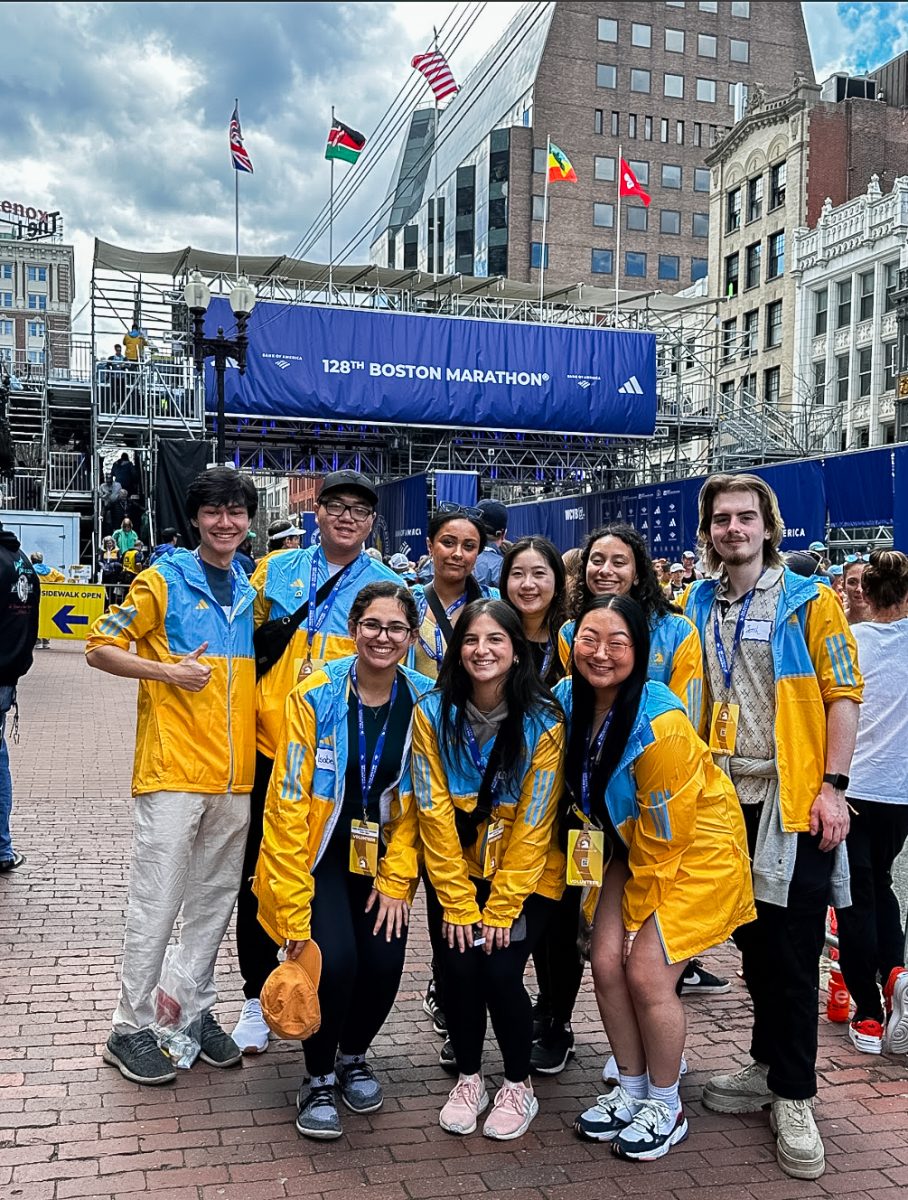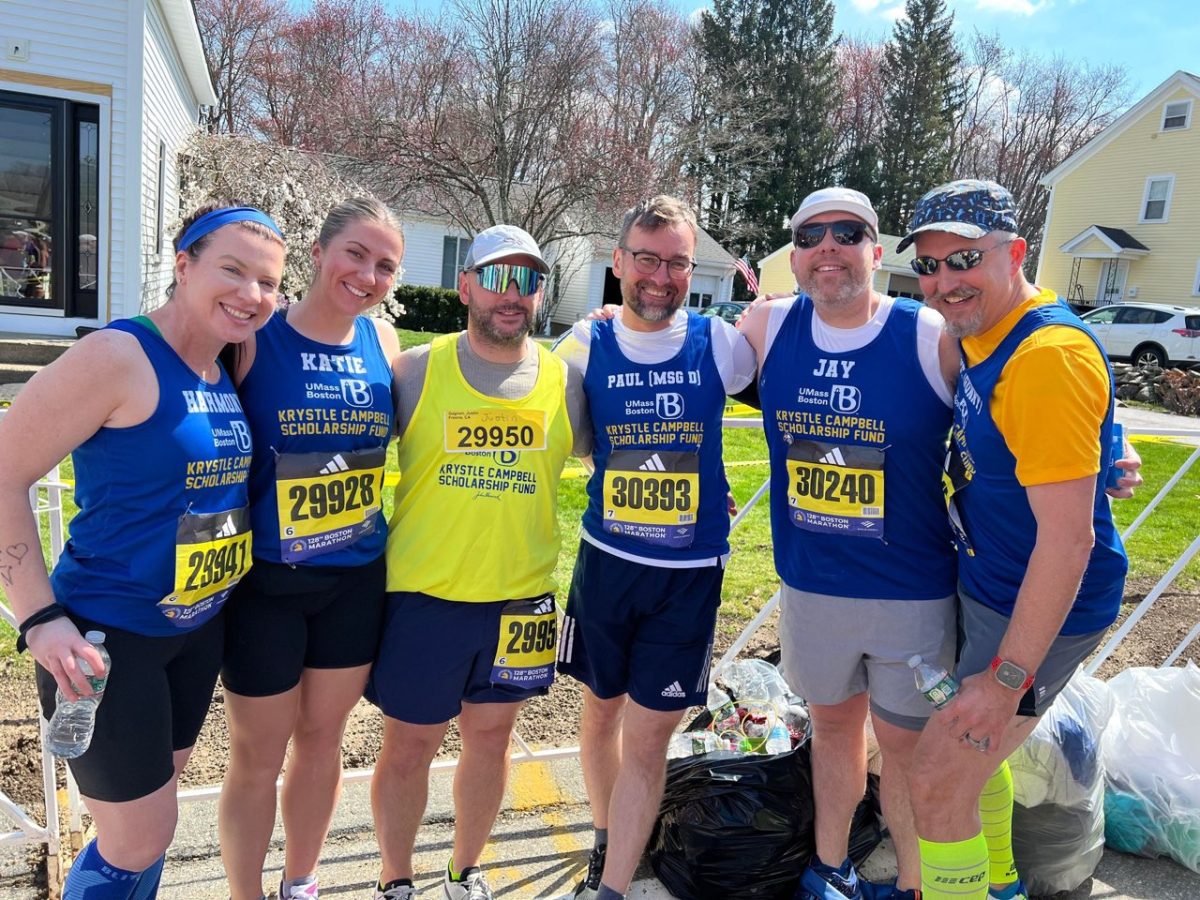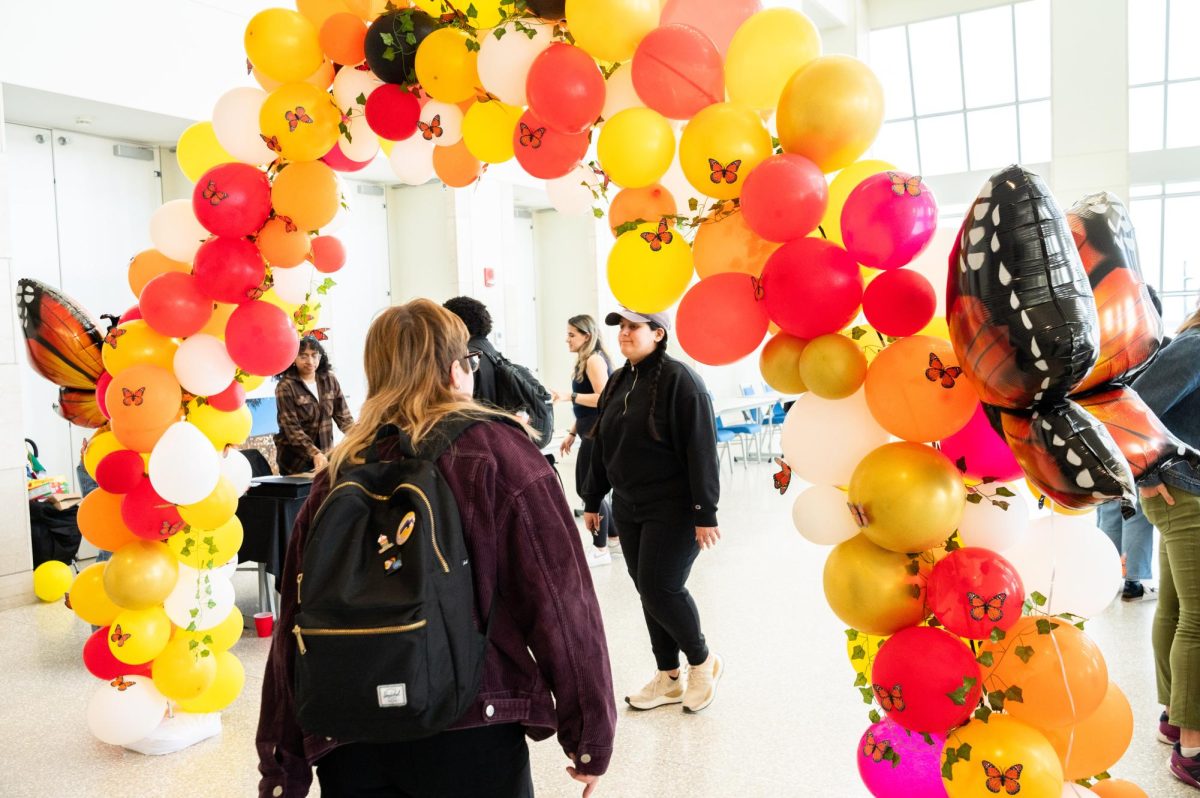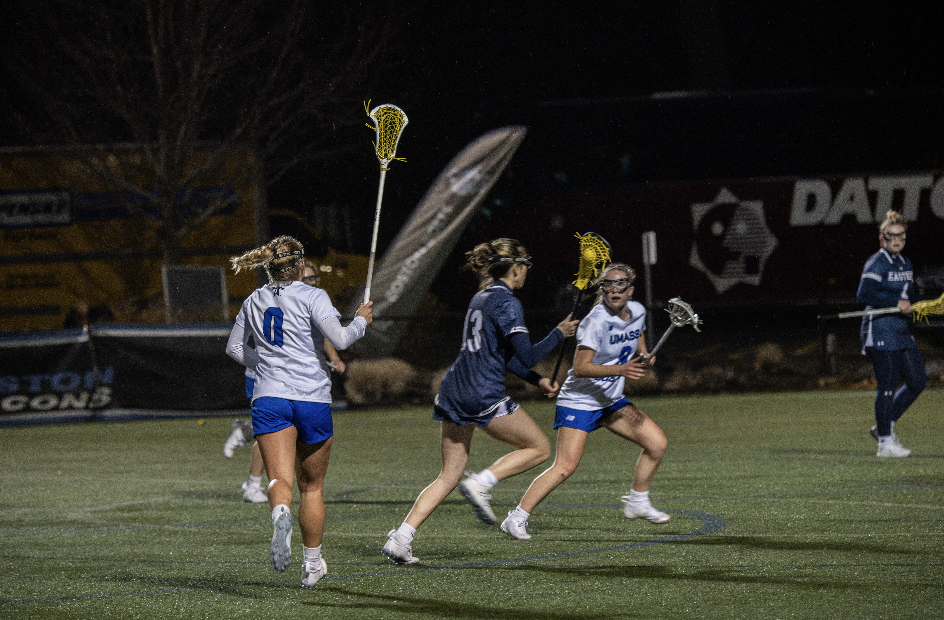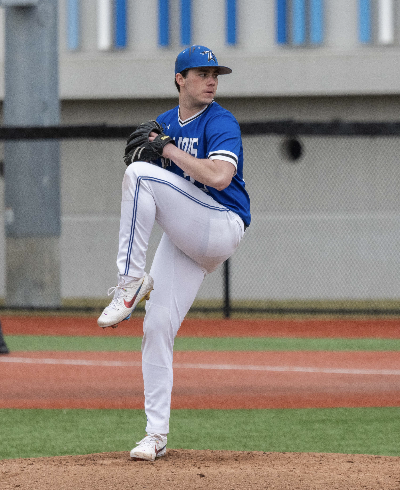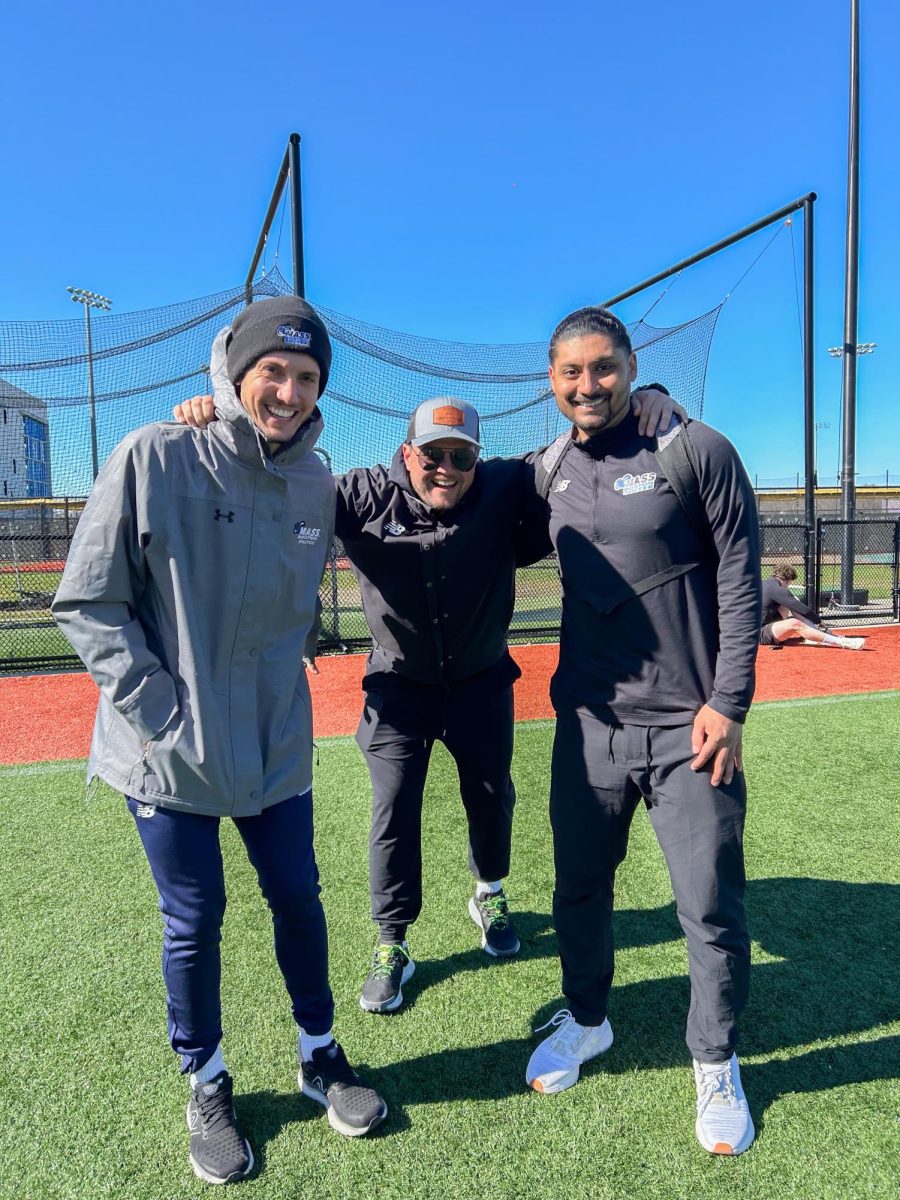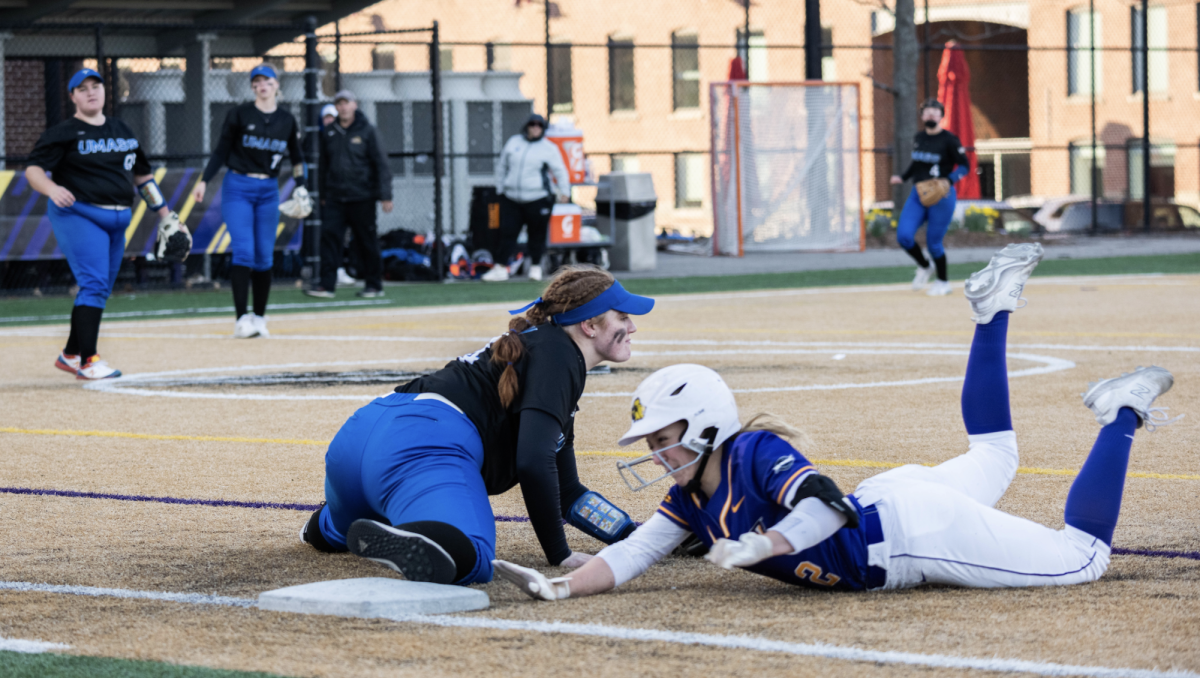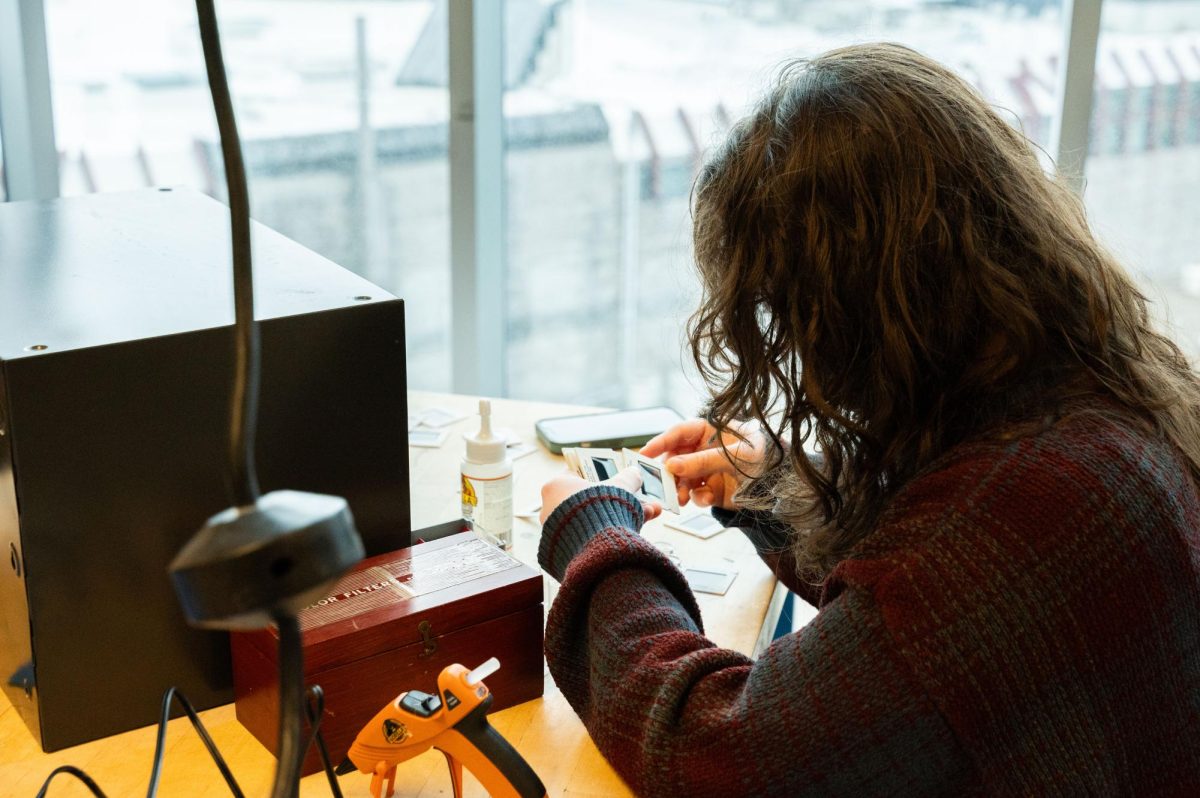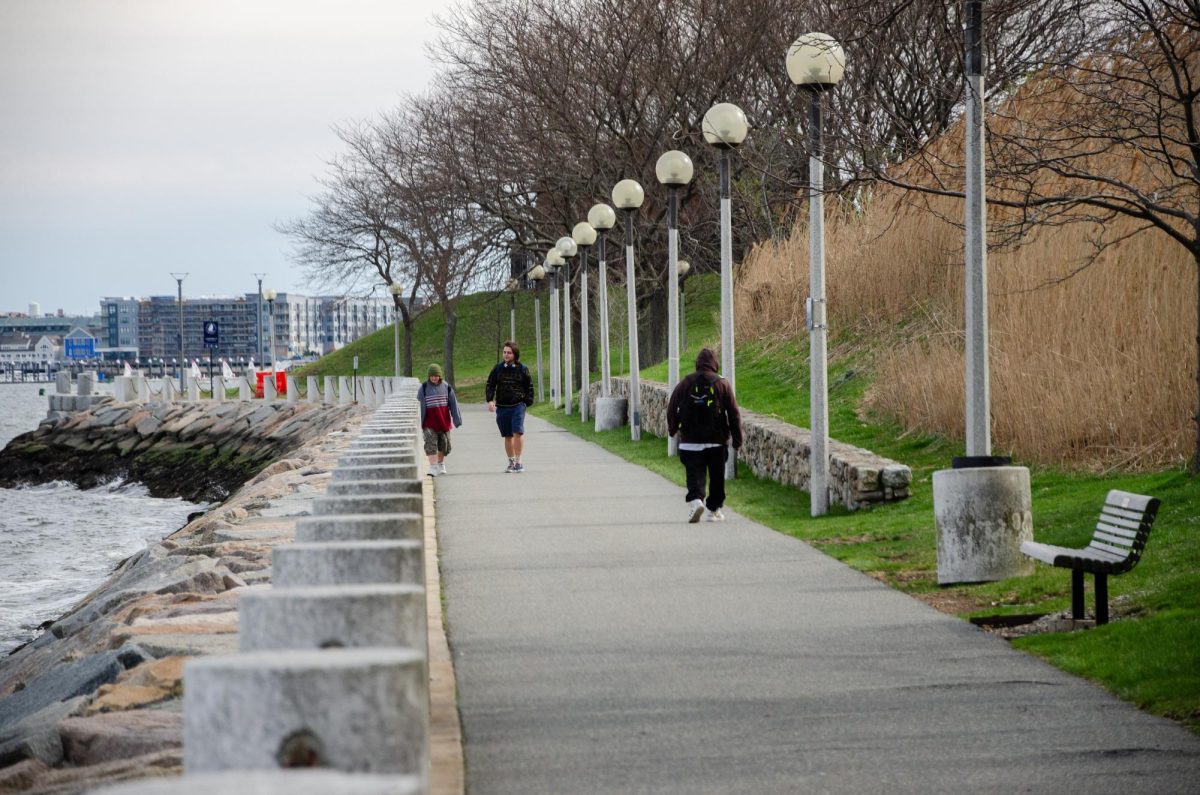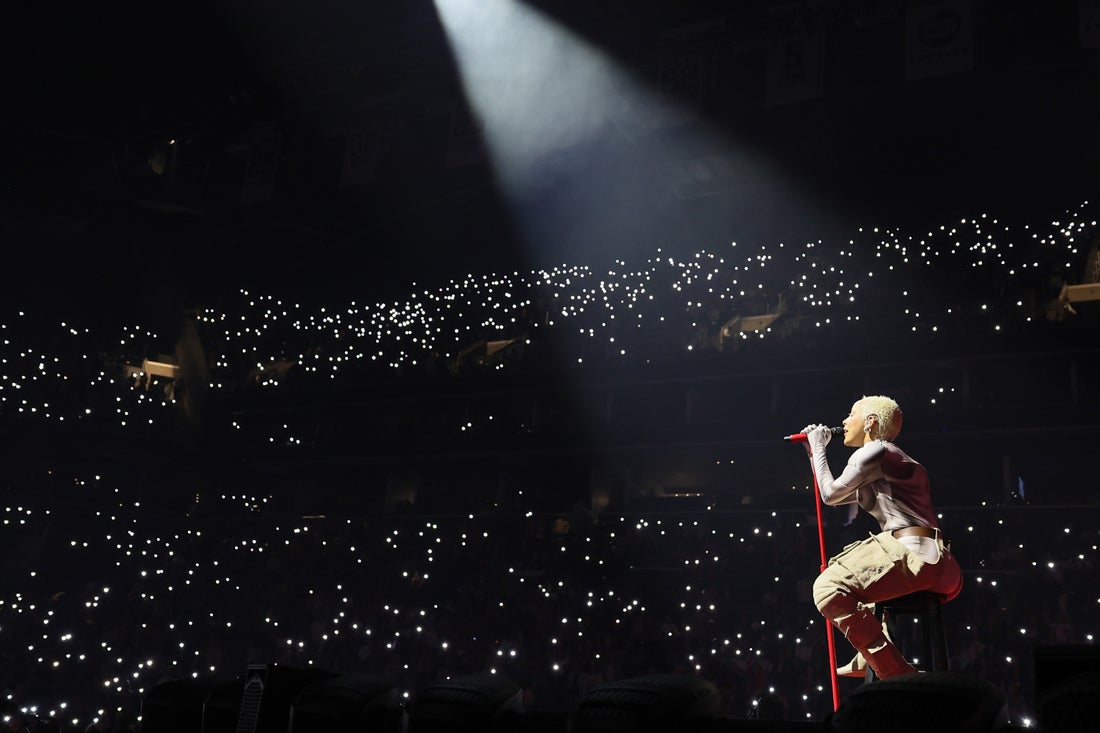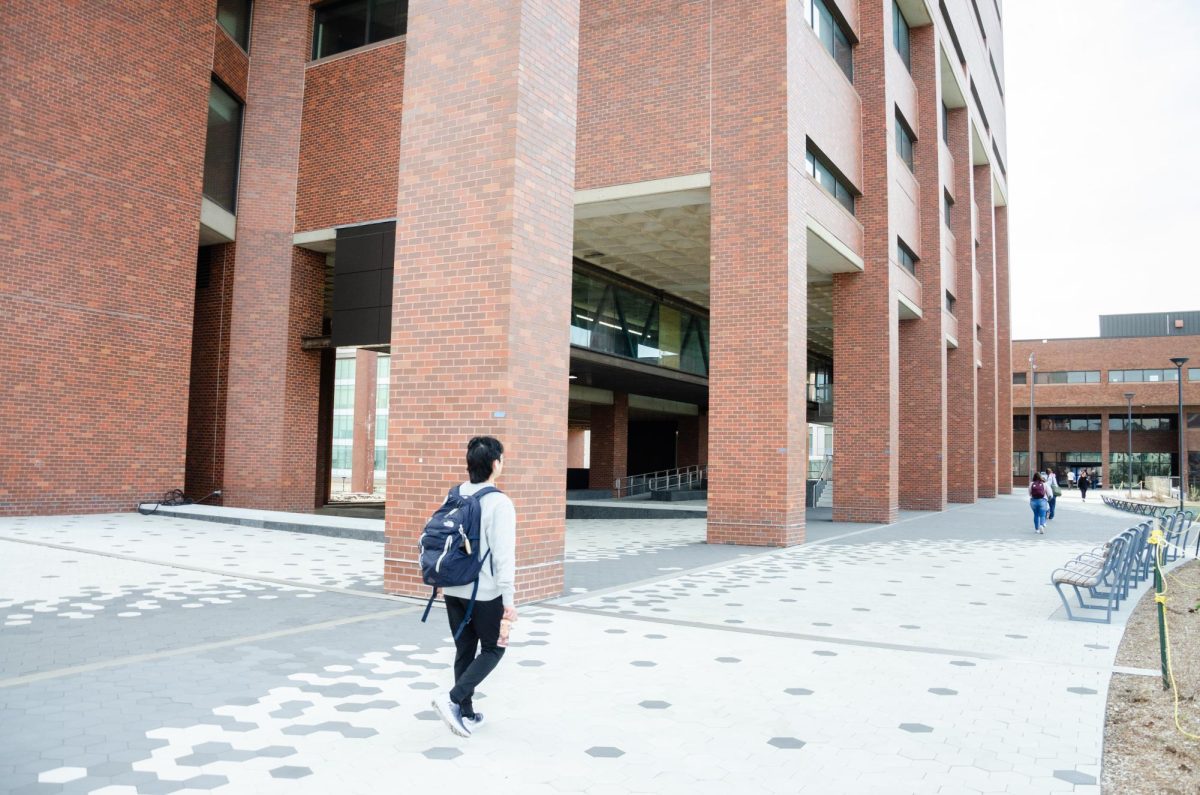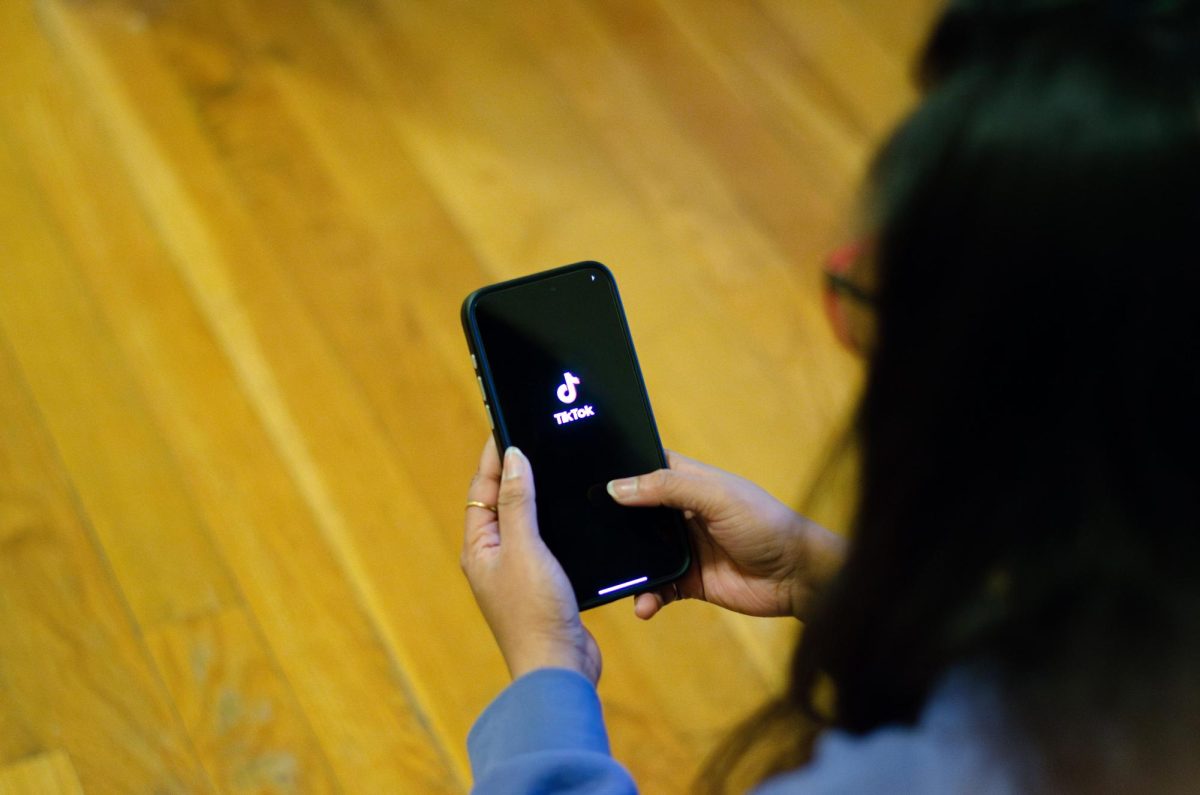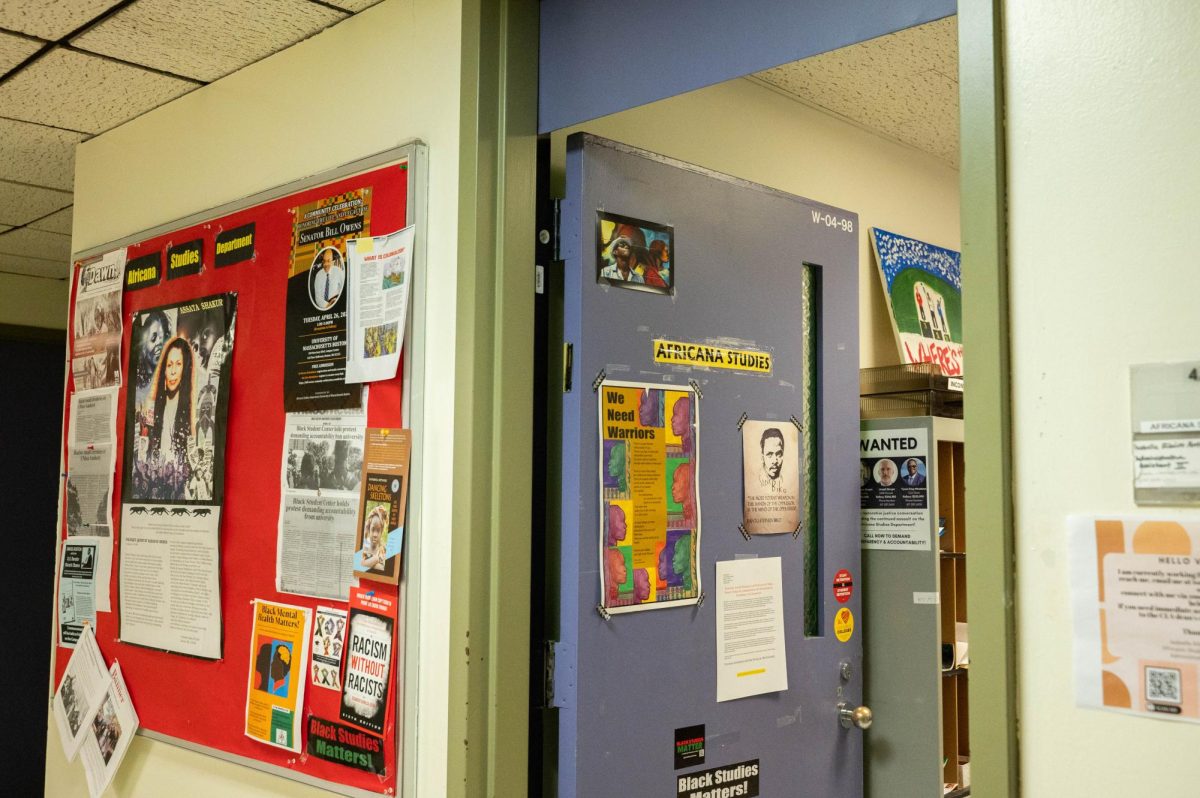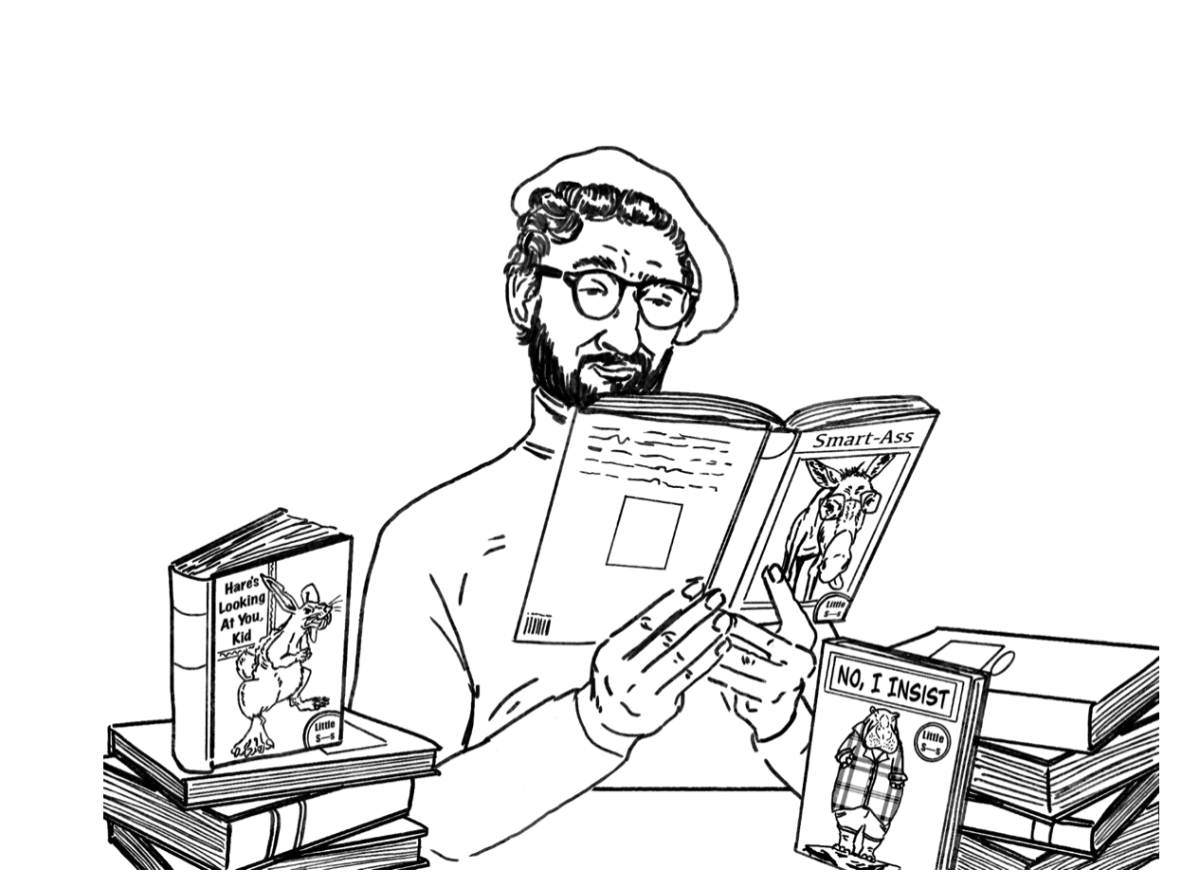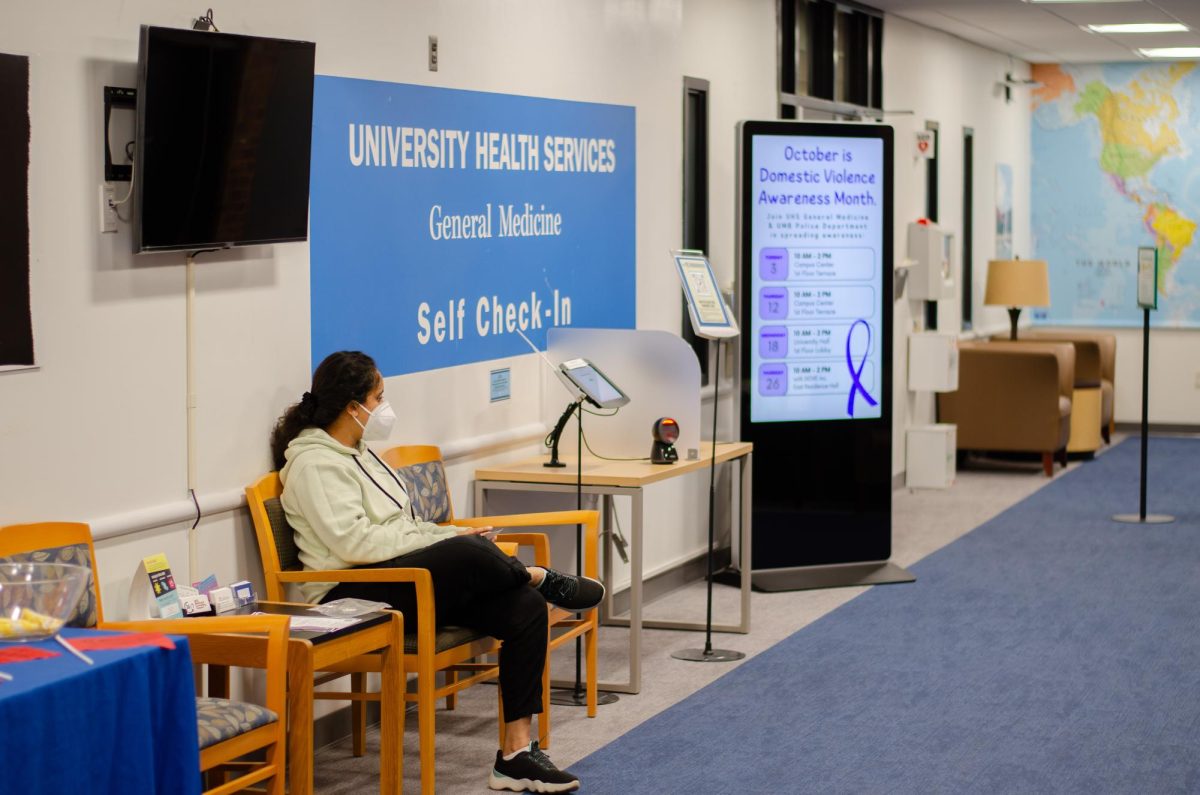The COVID-19 pandemic has taken its toll on the general population for quite a while, and with summer now trailed off, not only is it stick season, it’s sick season, too. Autumn may bring beautiful foliage and landscapes across New England, along with a perfect opportunity to get a breath of fresh, brisk air. In some cases, though, the air can become an enemy, and an airborne illness like COVID-19 may be a nightmare to deal with as the days get colder.
In a relatively confined campus that takes in traffic upwards of 15,000 people each day, it feels almost impossible not to catch a cold or cough from a fellow student or member of UMass Boston’s faculty. With these illnesses being burdensome among all, it’s hard to navigate through the motions of everyday life without contracting something that’ll make someone feel under the weather. Even worse, with COVID-19 still running rampant a few years removed from the worldwide pandemic, there’s still an abundance of obstacles to jump through. Most notably, the ones revolving around safety protocol, which would make room for less exposure.
In response, both the Commonwealth of Massachusetts and The Federal Government are continuing to provide an outlet for safety, and UMass Boston is making a mark in that regard as well. Currently, the university is partnering with New England chain Star Market to give students an opportunity to receive their COVID-19 vaccine, offering booster shots to members of UMass Boston’s community Monday, Oct. 23; this will be the third installment of the university’s partnership, the previous ones taking place Monday, Oct. 2 and Wednesday, Oct. 10. The booster will be available from 10 a.m to 2 p.m, and those interested in receiving the vaccine can check open time slots and schedule an appointment on Star Market’s website. [1]
Furthermore, Vivi Smilgius, a correspondent for The Boston Globe, said finding close stores and pharmacies is a better option, and that the best course of action is to “start at vaccines.gov, a website that provides a list of nearby vaccination spots.” The downside of using the website, though, is that, according to Smilgius, some of the pharmacies and stores provided are prone to running out of vaccines before they are able to display the news on their respective websites. Along with this, it is noted on the website that federal law requires insurance “to cover the COVID-19 vaccine without copay.” For those without insurance, appointments can be scheduled with a pharmacy affiliated with the bridge access program, which gives the opportunity to look for suppliers that hold eligibility for uninsured people. Vaccines.gov is seen as a recommended source in this regard as well, said Smilgius. [2]
An email with the Associate Vice Chancellor for Student Affairs Shawn De Veau presented multiple links to umb.edu, all of which answered critical questions about the policies implemented in accordance with COVID-19, not to mention, these links were equipped with even more hyperlinks that redirect to helpful resources. One of these links directs students to health services and lays out a rundown of advice, ranging from UMass Boston’s COVID-19 policies to guidelines adopted by the World Health Organization that have since been carried out as obligatory rules on campus.
The website emphasizes that students should not attend school if they exhibit any symptoms of COVID-19, and highly recommends getting vaccinated, as UMass Boston suspended its demand for mandatory vaccination in the summer. In addition, the page illustrates the WHO’s rules and regulations, adopting them as their own, stressing that students with a positive COVID-19 test must incubate for five days, and wear a mask for ten. For students on campus, they ask that they quarantine themselves off campus, if possible; for students who are showing symptoms, they must mask themselves, get tested immediately and quarantine.
Thankfully, as said before, the university’s website features a hyperlink to not only vaccination sites, but also places that stockpile at-home test kits. According to University Health Services, there’s a limited inventory of kits in the UHS lobby, located on the second floor of the Quinn Administration building. University Health Services also announced on their page that the Federal Government granted each household the order of four at-home COVID-19 tests for free, and this has been active as of Sept. 25, 2023; there is a link to the ordering process on UHS’ page at umb.edu. [3]
Moreover, De Veau sent over a link that jumped to the registrar’s page on umb.edu; the page detailed the absence policy for COVID-19-related leave. According to the page, excused COVID-19 absences fall under one of two categories. The first one entails, “Absences of a student, following current CDC guidelines and campus COVID-19 policy, that are because of quarantine upon contracting COVID-19” are excused, and do not require a doctor’s note. The second excused absence is permitted under the circumstances that one must “care for a dependent family member due to the dependent’s COVID-19 quarantine,” and are also given an excused absence if there’s a “COVID-19 related closure of a dependent-care facility.” The latter reason, however, can be appealed by an instructor, as they’re allowed to ask for confirmation regarding the closing of a facility. [3]
Of course, the university may bestow valuable information in combating COVID-19, but the biggest responsibility to undertake in avoiding the virus are the actions all members of the UMass Boston community take upon themselves.
Olivia Reid, a student who recently came down with the virus, offered a lot of valuable advice and insight into what symptoms to look out for and how people should treat themselves when they fall ill. Reid said in an interview, “Professors are more lenient and understanding about COVID-19.” In her case, “It started off as a sore throat and evolved into very bad body aches and chest pain.” Although there were many obstacles to overcome, including the unavailability of prescription medications to fight the virus, she said that, “staying hydrated and taking high doses of Tylenol and Advil helped.”
UMass Boston has created an effective outlet for students to actively fight against the spread of COVID-19. By offering attendants a helping hand and acting compassionately for their needs through promoting multiple facets of help, it contributes to not only the assistance of students, but their families and close friends as well. With illness now ravaging those attending UMass Boston, it’s good to know that the university has taken precautionary measures toward ensuring the campus is a safe space for students looking to avoid illness as the year inches closer to a heightened period of vulnerability. Because even though the climax of the COVID-19 pandemic is seemingly over, it’s always vital to keep the entire community safe, and that first step always starts with you.
[1] Star Market. (2023). Star Market Pharmacy Vaccine Clinics for UMASS Boston. https://www.starmarket.com/vaccinations/group-clinic/UMBoston
[2] Smilgius, V. (2023, September 30). Your guide to getting a COVID booster this fall. The Boston Globe. https://www.bostonglobe.com/2023/09/27/nation/covid-booster/
[3] UMass Boston. (2023). COVID-19. Covid – UMass Boston. https://www.umb.edu/health-services/advisory/covid/


